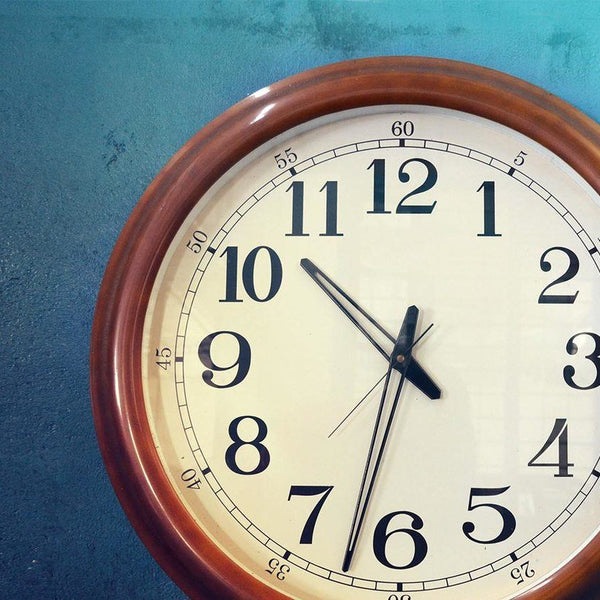
How many carbs should I have – is it one size fits all?
Written by: Team at Danny's Place
As Dietitians this is one of the most frustrating things we see – the one size fits all approach to a lower-carb diet!
For those people who calorie count, do they all follow the same amount of calories to lose weight? of course, they don’t – this is why Weight Watchers have different point targets for people or why you have a choice of the calories you want to be delivered to your door if you are using Lite & Easy.
There cannot be a one size fits all approach for any healthy eating program as the amount of energy we need in a day is dependent on many variables – our age, sex, physical activity level and type of exercise, medical conditions – the list goes on! So the same carbs for all – 50g/day, 100g/day – it just isn’t that simple!
We thought our Danny’s Place Dietitians and the team would give you some examples of the
very different carb needs of some groups to show the one size fits all model is just not
useful.
Abbey the 13-year-old adolescent
She is part of our Dannys’ Place BYB Program who wants to lose
body fat. Abbey weighs 86kg and has a BMI centile >97th (this is a way of measuring growing kids weight vs height) – so this means she is obese and she needs to lose some weight.
She feels upset about her weight and her GP thinks her blood glucose levels are borderline diabetes.
Abbey is limited with exercise as she has painful knees due to her weight.
How much carbohydrate a day does Abbey need?? This is a really tricky situation as whilst
Abbey does very little exercise (her carb needs, in that case, would be very small) but she is
still growing and developing so she needs carbohydrates for that. She is also at school so
needs carbohydrate for mental functioning. We can’t, therefore, cut Abbey’s carbs down to a
50g/day level! But what we did do is reduce her very high intake of carbohydrate by 50% to
see what impact this would have on her body fat loss and health.
I am pleased to report she is doing really well and losing body fat – she finds carb counting easy to do!
Tracey, 40 years old training for a triathlon.
Tracey the teacher who wants to lose some body fat and is training for a triathlon. Tracey is 40 years old and has done a short triathlon but now wants to compete in her first
full triathlon.
She weighs 62kg and only needs to shed a few kilos of body fat to be in her peak condition, but she is training 6 days/week and most days trains for 3-4 hours (2 x 2-hour sessions). All of her training is at high intensity and is very cardio in nature.
So Tracey will need quite a high amount of carbs to simply fuel her training needs (nearly
90% of the energy used in higher intensity training is carbohydrate), but she needs to be
cautious not to have excess carbs which may prevent her from losing some body fat. Again a
tricky situation to get this right!
A cardio-type athlete can need between 5-7g of carbohydrate/kg ideal body weight. If
Tracey’s ideal weight for her triathlon was 58kg then she may need between 290 – 406g
carbohydrate/day !! Doesn’t sound low carb but if she decided to use the lower end of this
range and see if that resulted in some body-fat losses but maintained excellent energy levels
to train with, then this would be a good starting point!
Bill, 32 yrs. Butcher who wants to build up muscle.
Bill is 32 years old and is quite thin – he only weighs 65kg and is 175cm tall. He has started at the gym doing weights 4 days/week and wants to gain some muscle bulk as soon as possible. Bill does no cardio type exercise as he has limited time so just hits the gym for 60 minutes.
Bill still needs carbs to train at the gym and function at work as a butcher, but he can afford to reduce his carbs to a lower level than Tracey for example who is training hours and
hours/week of cardio type exercise.
So the approach with Bill would be to allow enough carbs to train effectively but he can afford to be on a much lower carb scale than Tracey and indeed Abbey – Bill is not growing any more like Abbey!
These examples show how everyone needs a different range of carbs to support each individual goal. You can still lower carbs but please avoid a one size fits all approach – if you are unsure how many carbs to be reduced to, see a qualified Dietitian who can help you with your estimation.
If you want to learn more about the team at Danny's Place, check them out here.
You can check out other great low carb information here.


